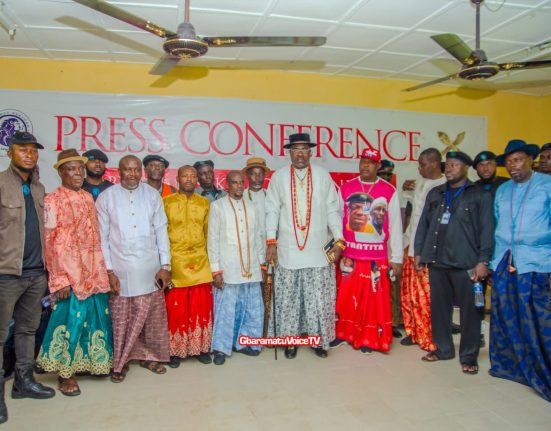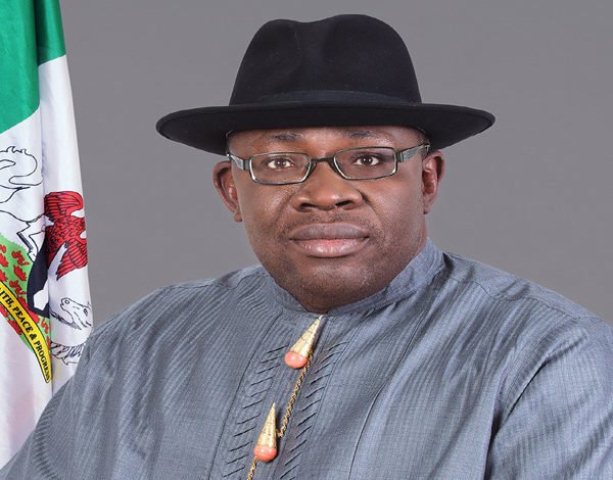A report steaming from a study undertaken by Georgetown University revealed that Chevron Corp has made a significant investment of over $100 million channeled towards the development across major sectors Niger Delta region of Nigeria.
This report was revealed in a study which interrogated claims and established findings from Chevron and U.S. Agency for International Development, (USAID)’s efforts to improve stability in the region.
Business for Impact at Georgetown University’s McDonough School of Business, together with research partner Frontier Design, announced the new study that analyzes 10 years of partnership-building and investment by Chevron and USAID, through the Foundation for Partnership Initiatives in the Niger Delta (PIND) in the region.
The research focused on a broad suite of projects across different sectors that resulted in increased economic development, job creation, and stability in this region.
The case study also provides lessons learned and recommendations for public-private partnerships going forward. The findings will be released at a virtual launch event open to the public on Friday, July 30, 2021.
Chevron and USAID invested more than $50 million during the 10-year period and since 2010 PIND has catalyzed over $100 million in additional investments into the Niger Delta.
The investment targeted training for farmers to pursue agriculture as a business, strengthen the systems to bring these products to market in Niger Delta and beyond, improve food security and economic growth in communities all over the region and contributing to sustainability through short term grants.
“Our research findings underscore the power of bringing together like-minded and purposeful organizations dedicated, in this case, to achieving a more prosperous and stable Niger Delta,” says Leslie Crutchfield, executive director of Business for Impact and one of the study’s editors.
“The authors have unearthed important insights and lessons learned that can help inform future public-private partnerships, whether in Nigeria or in other Global South countries.”
Support Quality Journalism in the Niger Delta Region
Join us in our mission to bring development journalism, cultural preservation, and environmental awareness to the forefront. Your contribution makes a difference in the lives of the people of the Niger Delta. Donate today and be a part of the change!








